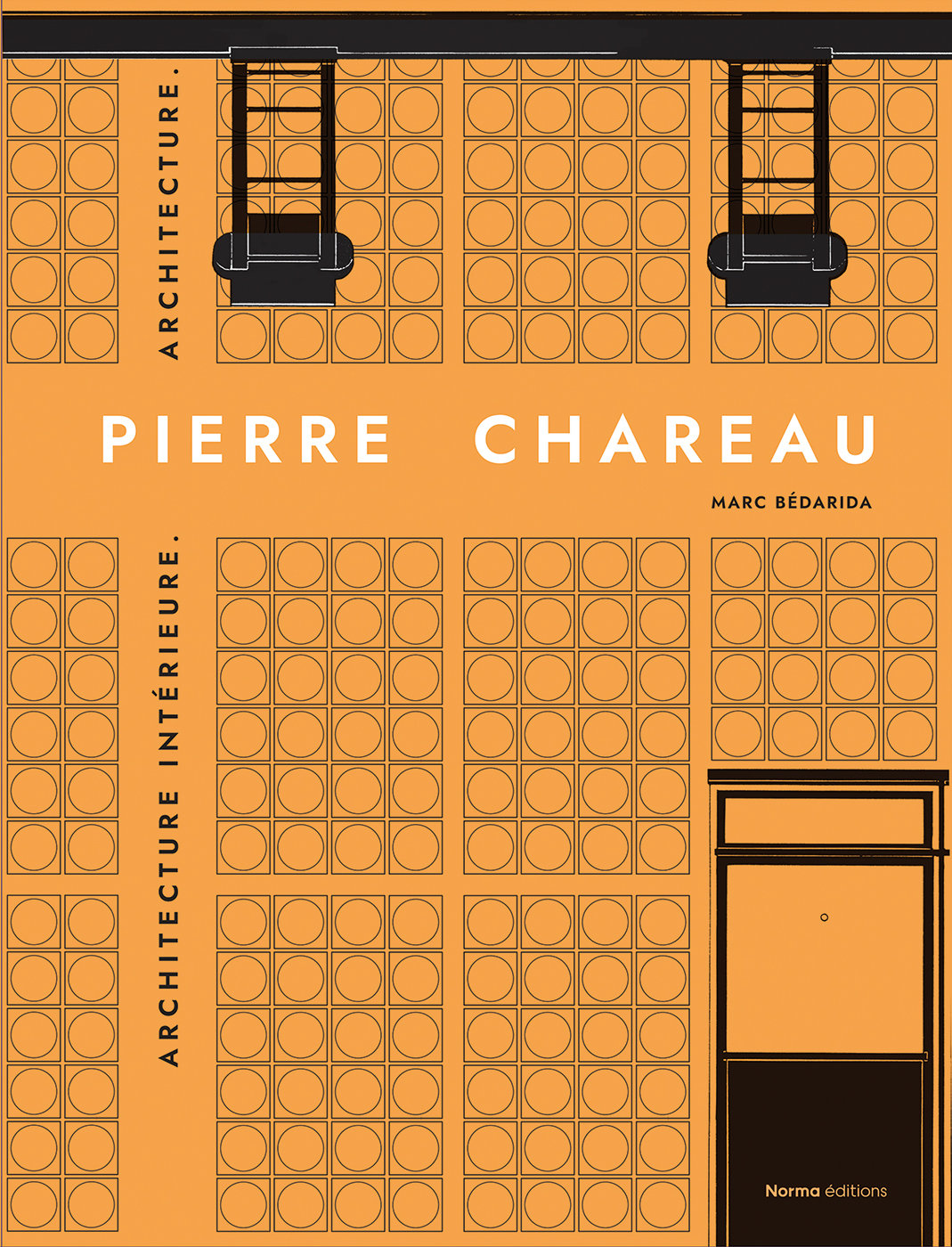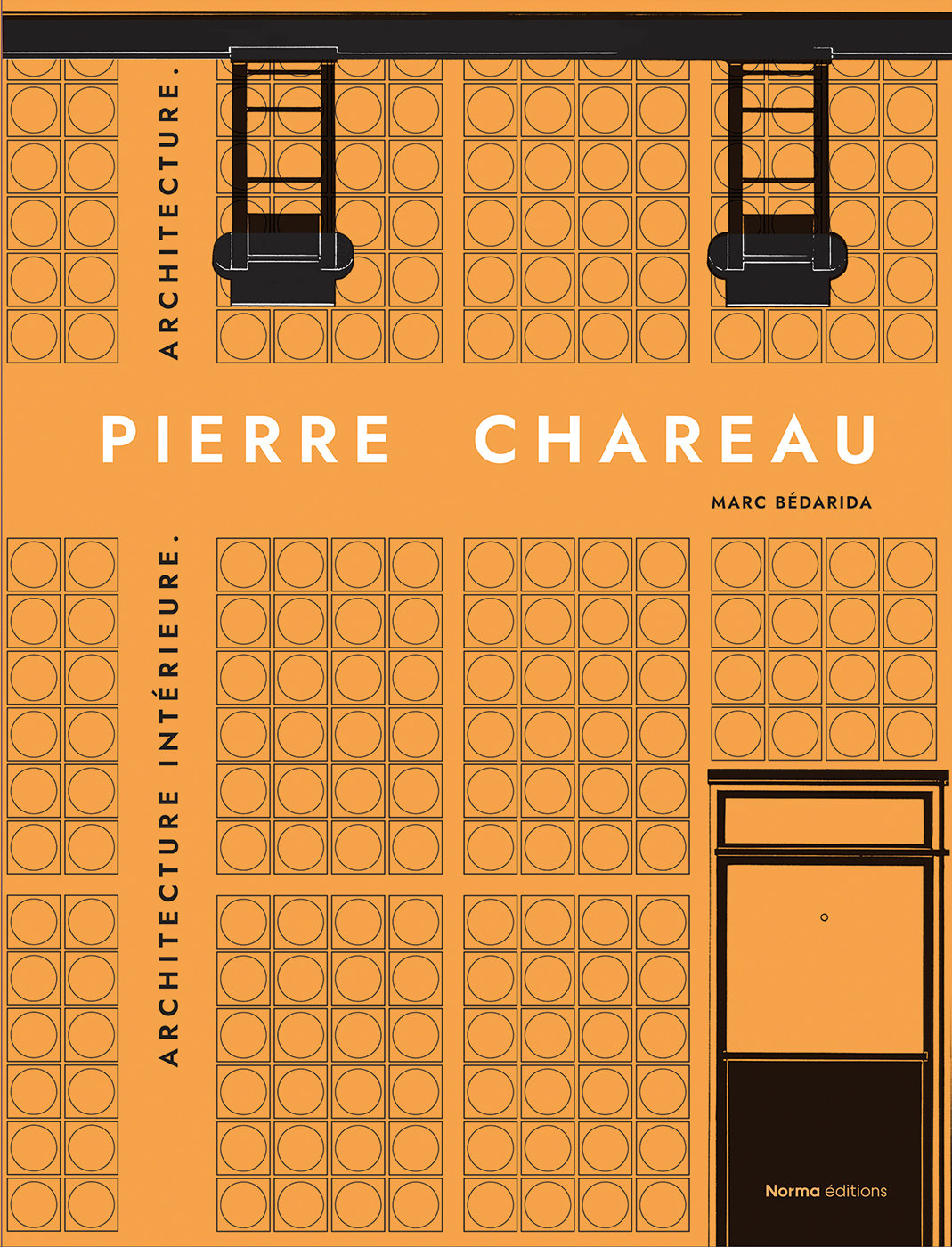Pierre Chareau: Volume 2
Pierre Chareau: Volume 2
Regular price
$85.00 USD
Regular price
Sale price
$85.00 USD
Unit price
per
Couldn't load pickup availability
Pierre Chareau, aménagements et architecture is an unprecedented synthesis of almost 80 interior architecture projects (1908-1938), both private and public, and his architectural projects (1925-1950).
It reveals the evolution of Pierre Chareau’s approach to interior design, from his beginnings as a decorator integrating his furniture into existing spaces, to the advent, over the course of his projects, of a resolutely architectural approach to space, in which furniture comes to life and becomes architecture in its own right. Listing all of these projects, it provides a detailed, illustrated analysis of twenty-five of them, most of which were commissioned by three families: the Dalsaces, the Bernheims and the Dreyfus.
This second volume reveals the designer’s long-term commitment to architecture. It looks back at his involvement in the CIAM, the Société des architectes modernes and the Rassemblement des architectes, as well as his collaboration with the magazine L’Architecture d’aujourd’hui. It offers a critical analysis of Pierre Chareau’s work as an architect, deciphering the 13 projects he worked on in France from 1923 to 1938, and in the United States from 1945 to 1950, from Djemil Anik’s cottage to Robert Motherwell’s studio in East Hampton. Finally, this book offers an in-depth analysis of the Glass House. By drawing up a portrait of Jean Dalsace and his wife Annie, it helps us to understand the central role played by those who commissioned the project. It looks back at the architectural and societal context of the time, explaining the importance of light and hygiene in the Maison de verre. The building site and its vicissitudes are described, followed by a description of the main principles behind the design of the house, and an analysis of its volumes and spaces.
Text in French.
View full details
It reveals the evolution of Pierre Chareau’s approach to interior design, from his beginnings as a decorator integrating his furniture into existing spaces, to the advent, over the course of his projects, of a resolutely architectural approach to space, in which furniture comes to life and becomes architecture in its own right. Listing all of these projects, it provides a detailed, illustrated analysis of twenty-five of them, most of which were commissioned by three families: the Dalsaces, the Bernheims and the Dreyfus.
This second volume reveals the designer’s long-term commitment to architecture. It looks back at his involvement in the CIAM, the Société des architectes modernes and the Rassemblement des architectes, as well as his collaboration with the magazine L’Architecture d’aujourd’hui. It offers a critical analysis of Pierre Chareau’s work as an architect, deciphering the 13 projects he worked on in France from 1923 to 1938, and in the United States from 1945 to 1950, from Djemil Anik’s cottage to Robert Motherwell’s studio in East Hampton. Finally, this book offers an in-depth analysis of the Glass House. By drawing up a portrait of Jean Dalsace and his wife Annie, it helps us to understand the central role played by those who commissioned the project. It looks back at the architectural and societal context of the time, explaining the importance of light and hygiene in the Maison de verre. The building site and its vicissitudes are described, followed by a description of the main principles behind the design of the house, and an analysis of its volumes and spaces.
Text in French.


